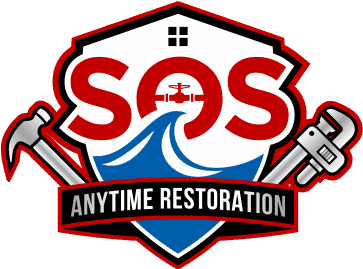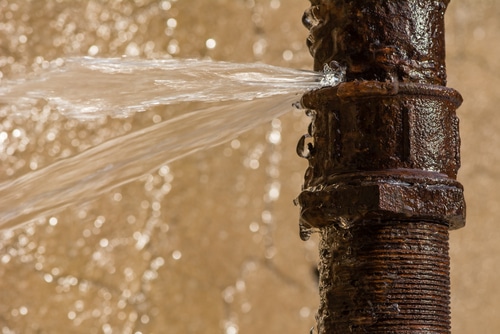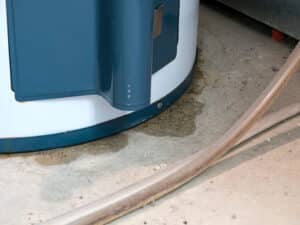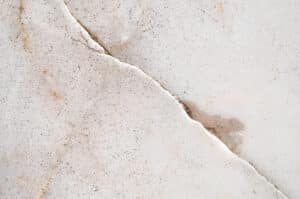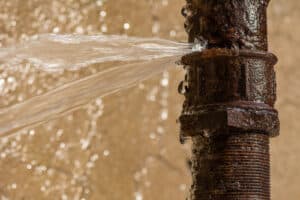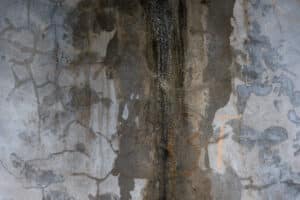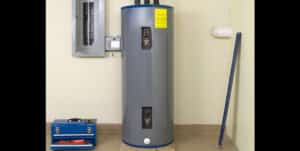Are you experiencing water leakage issues in your Spring Valley home or business? If so, you are not alone. Water leaks can cause significant damage to your property, and the longer they go unnoticed, the more costly and difficult they become to repair. In this article, we will discuss some of the common causes of leaks and provide tips and techniques for detecting and repairing them.
Common Causes of Water Leaks
Water leaks can be caused by a variety of factors, including:
Aging Infrastructure
Many homes and businesses in Spring Valley were built decades ago, and the aging infrastructure can lead to water leaks. Old pipes, valves, and connectors can corrode over time, causing leaks.
Poor Installation
If plumbing fixtures and appliances are not installed correctly, they can leak. For example, if a faucet is not tightened properly, it can leak water.
Environmental Factors
Environmental factors such as heavy rain, flooding, and seismic activity can cause pipes to shift, crack, or burst, resulting in leaks.
Signs of Water Leaks
It is essential to detect water leaks as early as possible to prevent costly damage. Here are some signs that you may have a water leak:
High Water Bills
If you notice a sudden increase in your water bill, it may be due to a hidden leak. Even a small leak can waste hundreds of gallons of water per day, resulting in a higher water bill.
Water Stains
Water stains on walls or ceilings may indicate a leaky pipe. If left unchecked, the water can damage the structure of your home or business.
Musty Odors
If you notice a musty odor, it may be a sign of water damage. Mold and mildew thrive in damp environments, and a water leak can create the perfect breeding ground.
Low Water Pressure
If your water pressure has decreased, it may be due to a leak. Leaks can reduce the amount of water that reaches your faucets and appliances, resulting in low water pressure.
Techniques for Detecting Water Leaks
Once you suspect a water leak, it is essential to locate it as quickly as possible. Here are some techniques for detecting water leaks:
Check Your Water Meter
One of the simplest ways to detect a water leak is to check your water meter. Turn off all faucets and appliances that use water and note the reading on your water meter. Wait for at least two hours and then check the meter again. If the reading has changed, you may have a water leak.
Use Food Coloring
If you suspect a leaky toilet, add a few drops of food coloring to the toilet tank. If the color appears in the bowl, you have a leaky flapper valve.
Listen for Running Water
If you hear the sound of running water when no faucets or appliances are in use, you may have a water leak.
Inspect Your Pipes
Inspect your pipes for signs of corrosion, damage, or leaks. Look for damp spots, discoloration, or bulges in the pipes.
Techniques for Repairing Water Leaks
Once you have located a water leak, it is essential to repair it as quickly as possible. Here are some techniques for repairing water leaks:
Replace Damaged Pipes
If a pipe is damaged or corroded, it may need to be replaced. A plumber can remove the damaged section and install a new pipe.
Repair Leaky Faucets
If a faucet is leaking, it may be due to a worn-out washer or seal. A plumber can replace the washer or seal to stop the leak.
Fix Leaky Toilets
A plumber can replace the flapper valve to stop the leak. Alternatively, you can purchase a replacement flapper valve kit from a hardware store and install it yourself.
Seal Leaky Joints
If you notice water leaking from a joint, you can seal it with plumber’s tape or joint compound. Apply the tape or compound around the joint and tighten it with a wrench.
Replace Leaky Appliances
If an appliance such as a dishwasher or washing machine is leaking, it may need to be replaced. A plumber can help you select a new appliance and install it for you.
Conclusion
Water leaks can cause significant damage to your Spring Valley property, and it is essential to detect and repair them as quickly as possible. By understanding the common causes of leaks and using the techniques outlined in this article, you can protect your home or business from costly water damage.
FAQs
1. How much does it cost to repair a water leak?
The cost of repairing a water leak can vary widely depending on the location and severity of the leak. In general, minor leaks can cost a few hundred dollars to repair, while major leaks can cost thousands of dollars.
2. Can I detect a water leak on my own?
Yes, you can detect a water leak on your own using techniques such as checking your water meter, inspecting your pipes, and listening for running water.
3. How long does it take to repair a water leak?
The time it takes to repair a water leak can vary depending on the location and severity of the leak. Minor leaks can be repaired in a few hours, while major leaks may take several days.
4. How can I prevent water leaks?
To prevent water leaks, it is essential to maintain your plumbing system properly. This includes regular inspections, repairs, and replacements of worn-out components.
5. Can I file an insurance claim for water damage caused by a leak?
It depends on your insurance policy. Some policies cover water damage caused by leaks, while others do not. It is essential to review your policy and speak with your insurance agent to understand your coverage.
If you see or suspect a leak, the pros at SOS Anytime Restoration can perform a detailed water leak detection service and go above and beyond to repair all damages, including underground water leaks and slab leaks. Our team specializes in both residential and commercial water leak detection.
